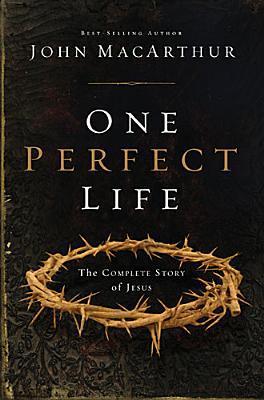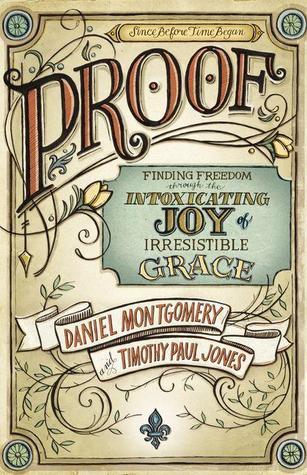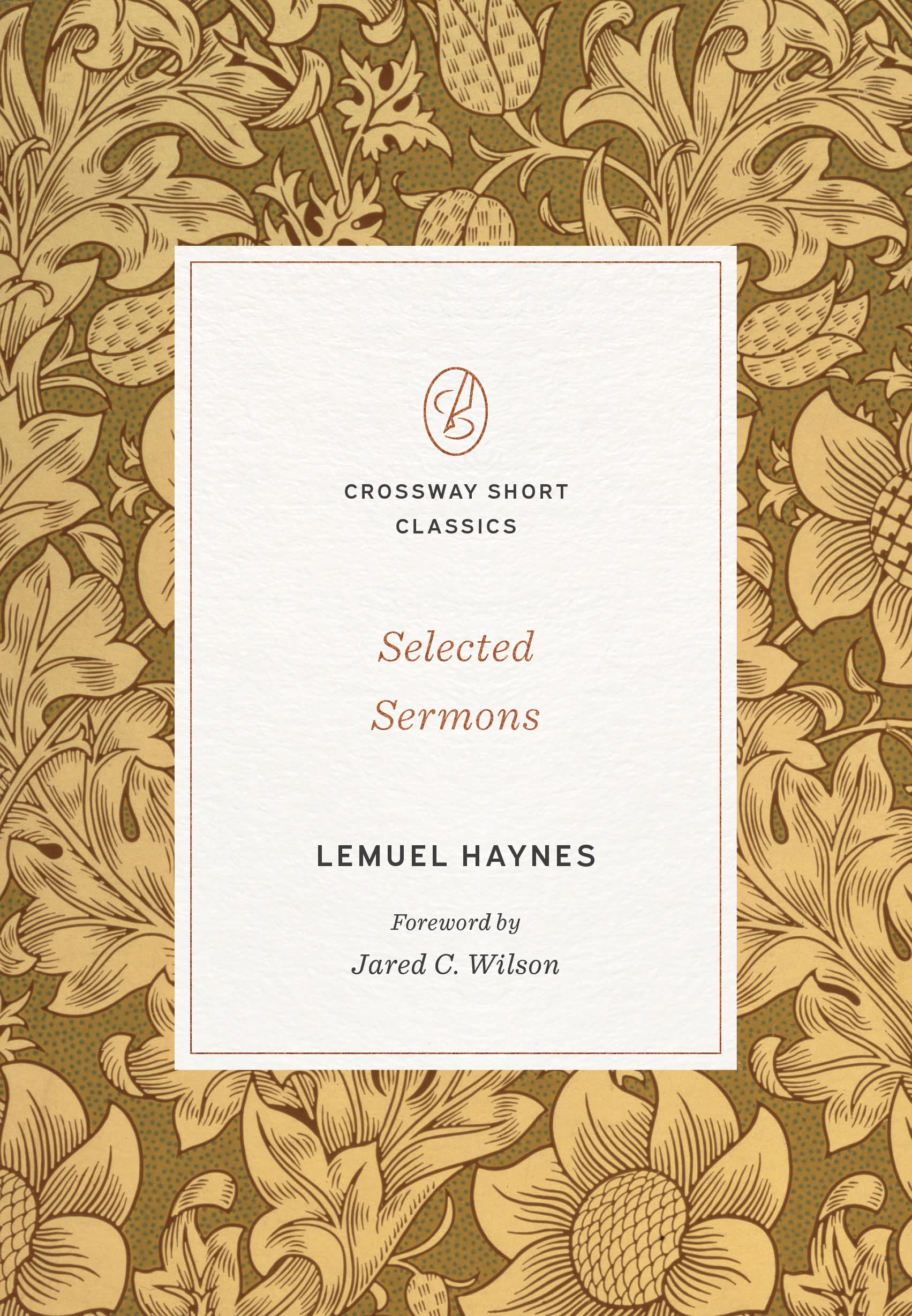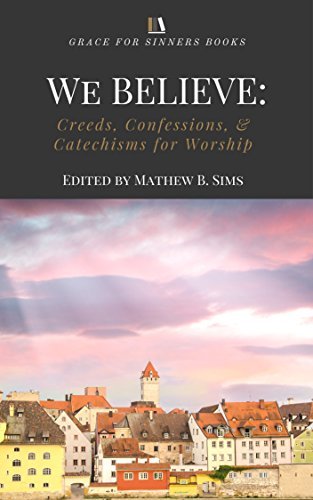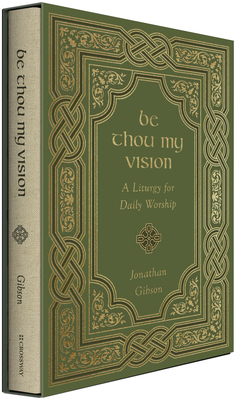Becoming Free Indeed. Jinger Duggar Vuolo. 2023. 240 pages. [Source: Library]
First sentence: I first had the idea to write this book in the summer of 2017. My husband, Jeremy, and I had just attended an Advanced Training Institute conference in Big Sandy, Texas (later in the book, I'll talk more about what the conference is and why we went). While there, I saw dozens of people I'd grown up with--friends who, like me, had come to Big Sandy every year. But for every old friend I saw that week, there was one or two I expected to see who didn't show up. In the coming months and years, I'd start to hear stories of those friends. I'd find out that some of them no longer loved Jesus and wanted nothing to do with Christianity. As they reached young adulthood, they had rejected everything they'd been taught about God, the Bible, and the Christian faith. While that is not my story--I am a Christian who loves Jesus and wants to follow HIm--I have, like those friends, rejected much of the teaching I heard each year at the conference in Big Sandy. My faith is still intact, but it has changed. Instead of leaving the faith entirely, I have unthreaded, or disentangled, the truth of Christianity from the unhealthy version I heard growing up.
Premise/plot: Becoming Free Indeed is the memoir of Jinger Duggar Vuolo. In this memoir, she writes of her disentangling journey from Bill Gothard's teaching [Institute of Basic Life Principles.] It is a journey of her examining Gothard's teachings in light of Scripture. She'd hold up Gothard's teachings to what the Bible actually says. She learned that what Gothard taught didn't match a common sense reading of Scripture [or stand up to spiritual scrutiny]. She unpacks her childhood faith--the faith that she grew up believing, the faith that she was consistently instructed and raised in--and slowly, deliberately re-examines everything. All of her unpacking is done with the mind to be true to Scripture, to line up her beliefs, her views, her values with Scripture. She writes that this process was scary. Scary because she knew that it might create distance, division, discord with her immediate family members who were still diehard Gothard supporters, to those who are heart-soul-body still believers in the IBLP. But scary also because she was replacing the known, the certain, with the unknown, the uncertain. Letting herself question EVERYTHING she was taught for the first twenty to twenty-two years of her life was--and I think we can all agree--scary. It was "safe" to not ask questions, to push down doubts, to just go with the flow, to just submit to what her parents wanted/needed/preferred.
Ultimately, I believe we'd both agree that it was the Holy Spirit who led her to the truth, to freedom, to the true, fully-fleshed out gospel. But the catalysts for this change comes down [in some ways] to two things: her relationship with her brother-in-law, Ben. As she spent time with Ben and Jessa as they were courting, as they were married, Ben's influence began to effect her own view of Scripture, of the faith. She began searching and seeking out more and more in Scripture. Her theology got meatier--here and there. She wasn't all-in committed to "disentangling" if you will. But she became hungry for the Word of God, interested in God's character, etc. She later met Jeremy. Her friendship/courtship/marriage with Jeremy led her to re-examine EVERYTHING. He wanted to know more about the IBLP. He was seeking to understand how his wife had been raised, what "made her tick" if you will. They watched over sixty-hours of teachings by Bill Gothard. Together they watched, discussed, studied....all in light of Scripture. Her view of Scripture had shifted considerably. She began to agree with her husband that Gothard's teachings weren't biblical. Some of his messages were scary-dangerous. [She shares several examples of this throughout the book.] Lies were being replaced with truth. Recognizing that Jesus is the ULTIMATE truth. That the Word of God IS truth. One thing she noticed is that Gothard's view of Scripture was lacking.
My thoughts: Legalism is not restricted to the IBLP. It's not. That's why I think there is plenty within the memoir that would make it relevant to many/most readers. This memoir celebrates the gospel. I found it an interesting read.
© Becky Laney of
Operation Actually Read Bible


